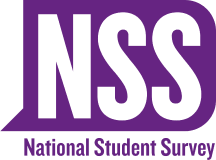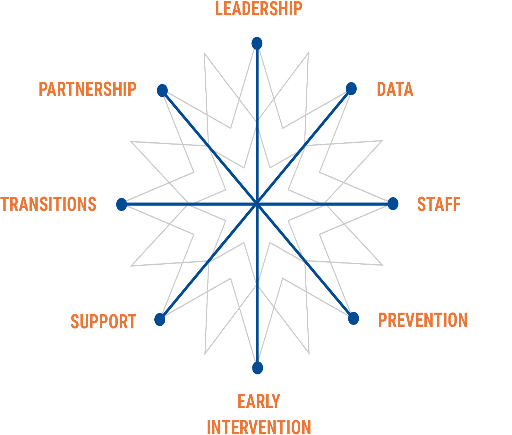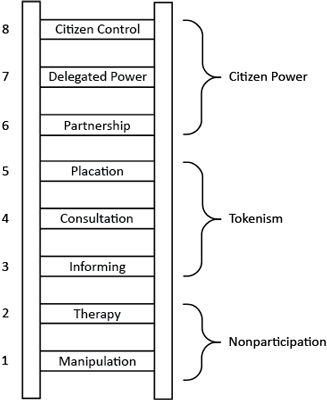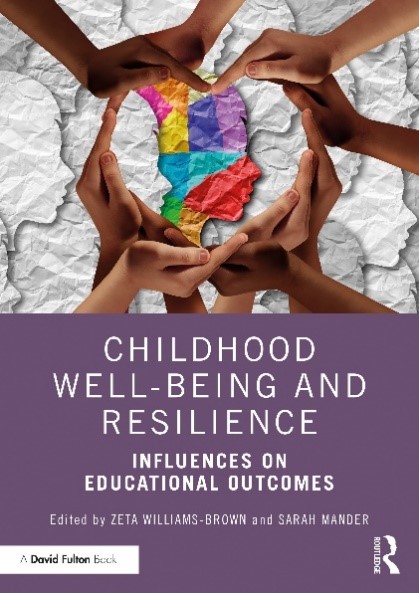By Yasmin Reeve
An audio recording of this blog post can be found here.
Welcome to my blog post. I am a student with Open University studying towards my Sports, Fitness and Coaching degree. I am a student who is neurodivergent, more specifically I am a student with Autism. I decided to write a blog post to reach out to other students who are also studying whilst autistic to give a bit of hope that it is possible to complete your study and share some of the things that I have learnt over the past 3 years which have really helped me to get through. I also hope that any staff who are reading this blog will get a better understanding of what it is like for some students to be studying whilst being autistic.
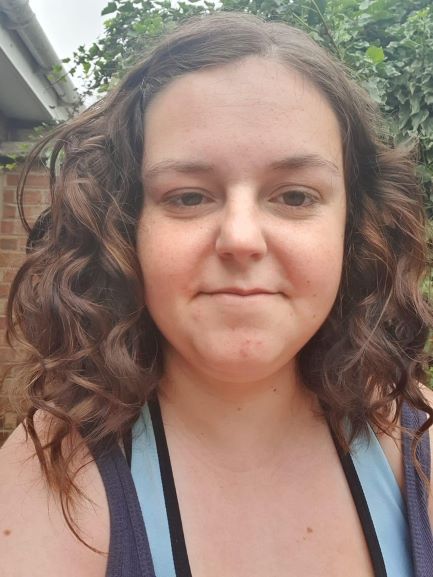
My Diagnosis
I didn’t get my diagnosis of Autism until I was an adult. I always knew that something was different about me, but it wasn’t until a complete mental health breakdown which led to me being sectioned that people picked it up. The system is long to get a diagnosis through the NHS so I saved up the money to get a private diagnosis and I have to admit it was the best thing I could have done in order to help me better understand myself as an individual and my needs to help me better cope in this world. Things still aren’t perfect, and I still have my battles however I’ve learnt to cope with things better and advocate for myself.
Returning to Education
When it came to me deciding to get back into education, I knew that a brick university and in-person wouldn’t work for me so finding out about Open University was the way for me to gain further qualifications. I didn’t have to cope with seeing people face to face, all the noise, distracting environments, sticking to timings that may not work with my routines and risk having a meltdown in front of a load of other students/staff. With Open University I make it fit in around my own life. If I want to study in my sensory room then I can, if I want to study at my desk its ready and waiting, if I want to sit on my sofa under a weighted blanket then it’s not an issue – no one can see me. I make Open University work for me rather than making me work around the University!
DSA were a great help when I told them about my autism. It was a case of discussing how my autism affects me and the assessor was really good about helping me figure out the positives of my autism. I won’t say that it wasn’t also difficult to be really open and honest about the issues that come up because of my autism, I don’t like to see my autism as a negative so when in a situation where its vital to discuss the difficulties it can be hard. I came away from the meeting with the assessor and actually felt quite good about myself which I really didn’t expect. I am a big advocate that whilst my autism does have many negative impacts on my life I see the strengths in my autism. I am a creative thinker, I can pick out lots of specific detail, I notice the things in life that other people don’t notice, I’m open and honest with people and always punctual. DSA were able to work out what would help me get through my study and gave me choices about what help I wanted. They also reassured me not to hesitate to get in contact with them if things change or I need more support.
My Routine
I like to start the academic year as soon as the module website opens. My modules actually start in October, however, normally I can have access to it from September. This is key for me; I get to look through everything and sort out my structure. I plan what days I am going to study which module; I add in TMA/ICMA due dates into calendars, plan which notebooks I want for each module, what colours I will use for each module. I thrive on routine, so I make up that routine ready for the official start. As soon as tutorial dates are up I get booked onto them and again the tutorials are placed into my calendars. I ensure that I know what I am going to be studying over the coming year. Then I look back over my needs profile to see if anything needs updating and if it does I get in touch with student support so that the profile is all correct. The next thing I do is get in touch with my tutor/tutors. I like to introduce myself to them and point out about my needs profile to them. In the email I give the really key points that they need to know about me ready to be able to support me more effectively throughout the year, they know my preference on contact as well. Once all of this is done it’s a case of taking a pause and knowing that I am ready. I sometimes find it difficult waiting for that first tutor response because you don’t always get a quick reply, that’s not because the tutor is ignoring you it’s that they have their own lives too. They also aren’t required to meet the same deadlines as when the module has officially begun so be patient – they will get back to you.
Your Tutor and Tutor Group
Your tutors are a vital part of studying with Open University they are the first point of contact for you as a student. I have found when a tutor is aware of the extra needs you may have they try their very best to help to meet those needs. Things can change at any point so having that regular contact makes it easier if you need to contact the tutor because of a struggle. As a student if we haven’t told the tutors something we need we can’t be mad at that tutor if they aren’t meeting our needs. Try and advocate for yourself, you’re doing it to benefit yourself. I also think that tutors do genuinely care about their students and would rather be told what is needed than for you to struggle through the module and them not be aware.
As a student learning independently sometimes it’s hard. I often find myself sat questioning if what I’ve read or watched I have a full understanding of this is where your tutor group forum can be a great space to test your knowledge and you get to communicate with other students. Get posting in that tutor group forum as soon as you can. I know that it can be difficult to post in it and it can be scary but the sooner you do it the sooner you will realise it’s a brilliant space to boost your own learning. Tutors are also a part of the forum so tutors can respond to you on the forum page. Tutorials are also a really great space to help gain further understanding and help prepare you for TMAs/ICMAs. When I first started, tutorials were one of the biggest things I was nervous about, but they aren’t that bad. The start of the tutorial the tutor will explain ways that you can interact with the tutorial if its online, there is a chat box function which tutors keep an eye on whilst going through the tutorial. Some tutors also offer up the option of raising a virtual hand and then letting you come in over microphone. Tutorials are a great way to interact with other students. Tutorials are another way to boost your own learning.
Feedback on TMAs is something that I also find extremely difficult, so I’ve come up with a few strategies to help with this. The moment I get the email through to say that marks are available my heart skips a few beats, and I don’t even want to load up the results page. I decide on a time that I will look at what my score was, normally a time when I am at my calmest. I have some fidget items to help with the nerves and load up the results page to see my score. Then I like to open the assessment summary, in this space the tutor will mention the good things about your TMA, what you missed, mentioning in order to get higher marks and some areas for improvement. It can be really easy to only focus on the things that weren’t quite right on the TMA, so I find it useful at this point to come away from it. Then the next day I re look at it and then open up my actual TMA to see the specific points the tutor has documented on the TMA. My next step is to print off somewhere the key things my tutor has said to work on for the next TMA and place it somewhere visible and do my best to work on that for the next TMA. If something doesn’t make sense reach out to your tutor to ask them to explain in further detail what doesn’t make sense.
My recommendations
If you’re a new student starting out with Open University I highly recommend heading over to Open Learn and completing the “Being an OU student” course. (Available here: Being an OU student.) This is what helped prepare me to study and know what to expect from my study. Open learn has so many courses that are free so I like to use Open Learn when I’m not studying through my summer break so that I can still stick to my routines. This helps to make it less daunting when it gets round to officially studying again.
It is a challenge to study with autism, but it is completely achievable to reach your goals with the correct support to help you along the way and Open University and DSA have been fantastic at helping me get through my study. There have been days where I have thought, ‘I cannot do this, I should quit now’ but there’s people you can reach out to – other students, student support and tutors who are there to support you. If you are struggling reach out for that support. Keep striving to achieve those goals and when challenges get in your way know that you have a 100% success rate at making it through challenges so far! You aren’t alone when studying with autism there are so many other students who can relate to the challenges.






